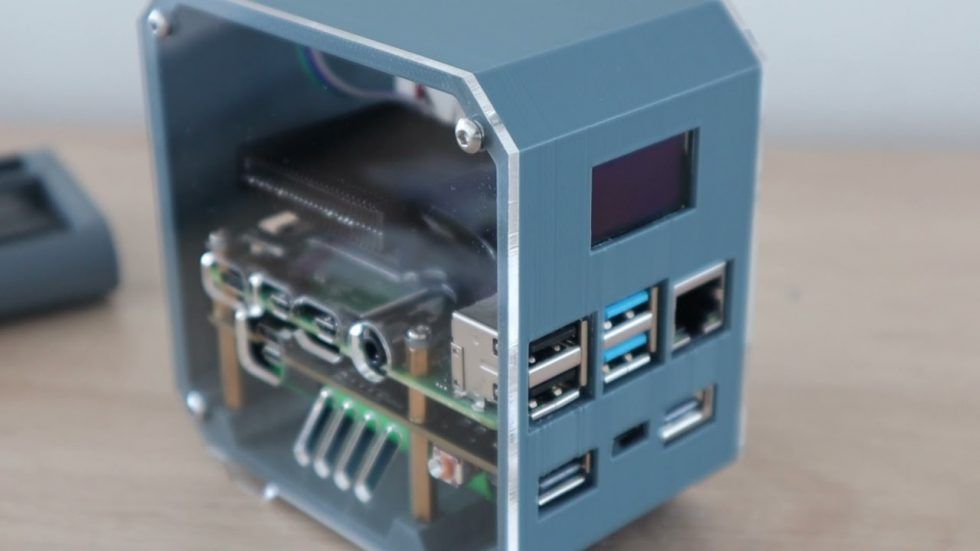


Without a log, this is all just guesswork, but the information you have given implies that it's all on the same subnet and that UMS use the correct network interface, which only leaves firewall or other similar "blocking software". This problem applies to all UPnP applications though, so it should be just the same with miniDLNA. Last, UPnP relies on multicast, and as such can't traverse subnets without a lot of "special" network configuration. This doesn't seem to be the case here, since that should mean that your call to 5001 would fail too. In addition, even if they were in some magical way, the perpetrator would need to find a way to identify "your" version of said address, as these addresses are used on millions of private and corporate networks.Īnother frequent cause for this is that UMS isn't configured to use a particular network interface, there are multiple on the host, and UMS happens to pick the wrong one. Review - OSMC Raspberry PI Kodi Media Center Run Through. That means that .x, 10.x.x.x and .x can be shared since they aren't reachable from outside your local network. Compare Universal Media Server VS OSMC and find out whats different, what people are saying. When it comes to "privacy" and IP addresses, only public addresses should be of concern. When you access port 5001, the question is from where? Is this from another computer on the local network? If so, can this computer "see" UMS? The log is needed to say more. I have no idea of what firewall or other "blocking software" is running on the server, but these must be allow traffic through somehow. There can be a multitude of issues, but fundamentally, what's needed is: Port 5001 TCP, port 1900 TCP and port 1900 UDP incoming, and "any" outgoing.


 0 kommentar(er)
0 kommentar(er)
